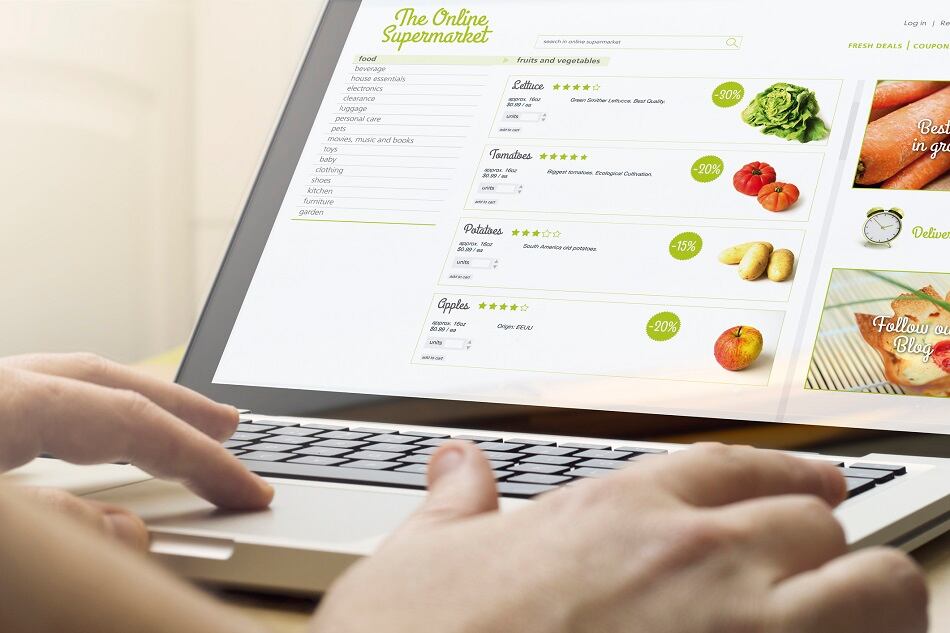Spoon Guru, a London-based startup with an office in Los Angeles, is a health and wellness platform that uses machine learning to customize the consumer shopping experience according to their dietary and lifestyle preferences.
“Personalization has been talked about for at least ten years now within retail,” Markus Stripf, founder and co-CEO of Spoon Guru, told FoodNavigator-USA.
Stripf said that grocery retailers must aim for the same level of personalization offered by other tech platforms, such as Spotify, which customizes an listeners' experience based on their actions.
“Those platforms learn from your interaction, and the experience gets more and more personalized and curated based on your specific needs, and we think that needs to happen for grocery,” said Stripf.
He explained providing a hyper-personalized shopping experience is becoming a must-have for retailers, especially in today’s environment where many consumers are shopping online and may have increased concerns about meeting their dietary needs in the middle of global pandemic.
“I think the biggest trend we’re going to see coming out of this is, is the need for personalization and digital health enablers, and that’s where we are proficient as a platform,” said Stripf.
Last month, Spoon Guru launched a new ‘Immunity Support TAG’ to help consumers find foods to strengthen their immune system. It was developed by the company’s in-house team of nutritionists and data scientists and ready to be deployed.
According to Spoon Guru, 84% of shoppers would switch to a supermarket that meets their individual or family’s dietary needs, yet, less than one-third say that finding healthy food is easy.
For Stripf, who follows a vegan diet, nothing is more frustrating than when he visits a grocery store’s website around the holidays and is bombarded by sales promotions for Christmas turkeys.
“It’s a waste of marketing,” he said. “I don’t change my lifestyle preferences that often, so why can’t my retailer of choice learn from my interactions of what I like and what I don’t like and provide a more curated and tailored experience? That should be the norm.”
Going up against Amazon
Spoon Guru helps retailers determine a product’s suitability for specific dietary parameters (e.g. gluten-free, vegan, hearth healthy) through its proprietary AI and nutritional tagging system, which analyzes every ingredient of a product. The platform processes hundreds of thousands of product attributes daily, added Stripf.
For the shopper, this means that searching for a product that meets specific dietary preferences (e.g. low-sugar, low-sodium pasta sauce) is no longer like searching for a needle in a haystack.
Spoon Guru has implemented its technology for Tesco in the UK and online retailer Jet. The company hopes to announce additional partnerships with retailers in the US over the next few months, said Stripf.
Its technology will help grocery retailers compete against Amazon, which is expected to generate billions of dollars in grocery sales within the next three years, said Stripf.
“People are now going to Amazon for their grocery shopping, which is not something that was such a mass market proposition before. The retailers really need to take the fight to Amazon, and the best way for them to compete is to provide a highly-personalized and enjoyable shopping experience across all channels,” he said. “And what we can provide is speed to market, and a turnkey solution for them to get ready.”




